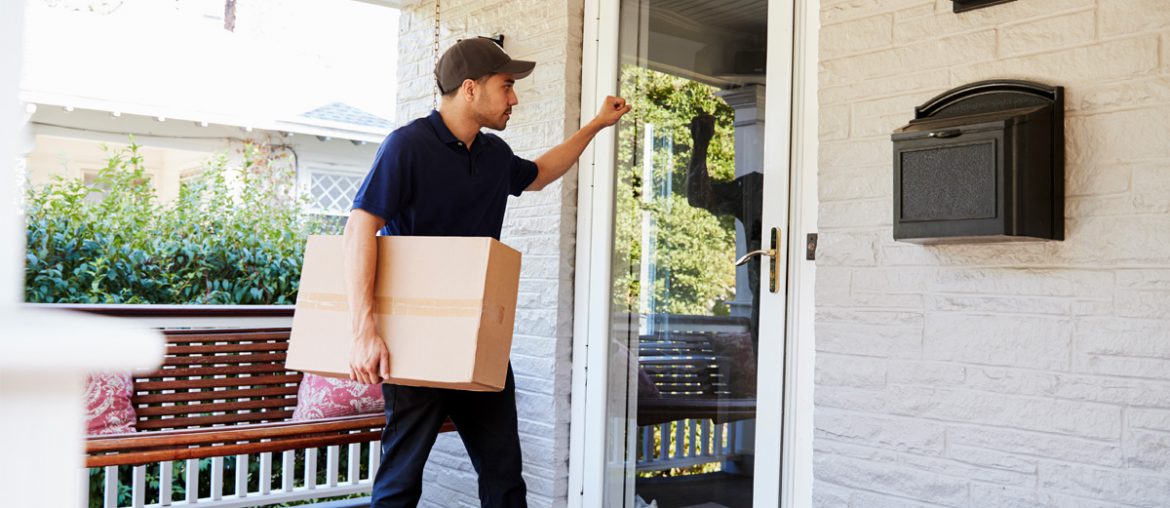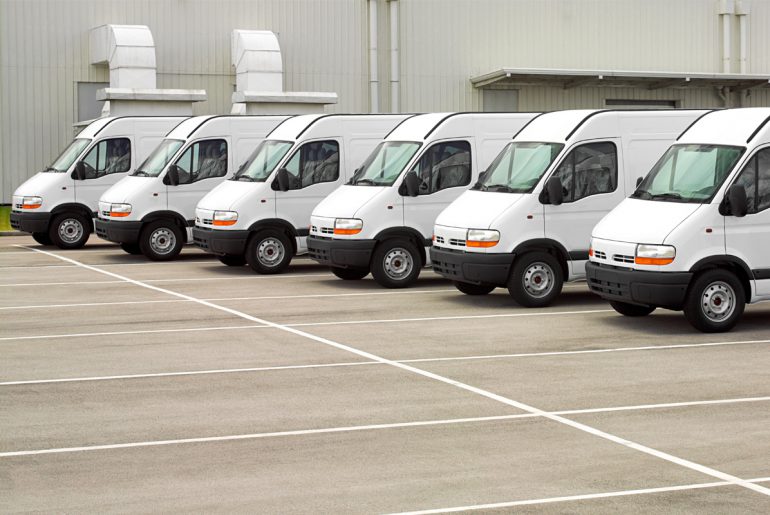In the world of retail delivery it’s hard to deny that Amazon is king. However, one startup is poised to challenge Amazon for the throne – Deliv. Since launching in 2012, this crowdsourced, same-day delivery service has partnered with nearly 4,000 retailers to provide consumers with an improved shopping experience. Deliv allows retailers to provide shoppers with more delivery options, including the abili

ty to pick a one to three-hour window in which their package will arrive.
What Deliv is Doing Right
Convenience is paramount as Deliv seeks to put the needs of customers before all else. CEO and founder Daphne Carmeli explains, “Giving customers the capability to specify when and where they want something is way more valuable than speed. Home or office — people can make that change very quickly.” This concept is attractive to retailers who have struggling to compete with the convenience provided by Amazon Prime.
However, the most unique aspect of Deliv’s model is their workforce comprised of crowdsourced delivery drivers, much like Uber and Lyft. Through extensive vetting that includes background checks, audits and a certification process, Deliv is able to ensure their drivers are professional while also providing a white glove experience. This business model proved to be enticing to investors including UPS, who helped Deliv raise $28 million in funding back in 2016.
Such investments have fueled growth and earlier this year, Deliv announced an expansion from 19 markets to 33, bringing their service to 1,400 cities across the nation. Over the past few years Deliv has been strategically acquiring same day delivery services across the nation, such as Zipments. This has allowed them to expand their footprint and puts them on equal standing with Prime Now, Amazon’s same-day delivery offering for Prime members. This growth gives retailers such as Best Buy, Kohl’s, PetSmart, and Macy’s the ability to stay competitive while meeting customers’ ever rising expectations.
Deliv strives to address a major pain point in the supply chain, delivering online orders quickly and efficiently. “One-hour and two-hour delivery is becoming the standard. So if you’re in the business of moving goods, and you don’t have same-day delivery, you’re going to have trouble competing,” Carmeli explained. Executing same-day deliveries presents several challenges including, high cost, inefficient use of resources, and disruption to route planning. So how is Deliv managing all this while still maintaining customer satisfaction? The answer is Mixed-Demand, a delivery model based on finding a successful harmony between on-demand deliveries and pre-planned orders. Deliv’s model of letting customers to pick their desired delivery time allows for advanced route planning, resulting in more deliveries in each trip.
Lessons to be Learned
The Deliv business model is unique and can change the way we look at last mile delivery. Here are some ways you can improve your offerings.
- Convenience is key: More than anything, customers are looking for convenience and that includes receiving packages on their schedule. Flexibility and incorporating a mixed-demand delivery model will allow you to accommodate your customers’ needs and keep them satisfied.
- Kick manual planning to the curb: In order to provide the flexibility needed to keep customers happy you need to be able to change route plans on the fly. This simply isn’t feasible while manually plotting your routes. Route planning software can handle last minute changes with ease, while providing live ETAs to customers and restoring valuable time to your workday.
- Learn from your competition: Deliv was born from a simple premise – do Amazon, better than Amazon. It’s important to study how your competitors are operating, as your offerings can always be improved.
In the retail delivery space it’s an ongoing battle for the last mile, with retailers all vying to compete. As offerings enhance and consumers grow more attached to the instant gratification of same day delivery, it will take more and more to stay in the game.
Can the e-commerce giant be toppled by a scrappy startup? Only time will tell, but it will certainly be exciting to watch the delivery wars heat up.




